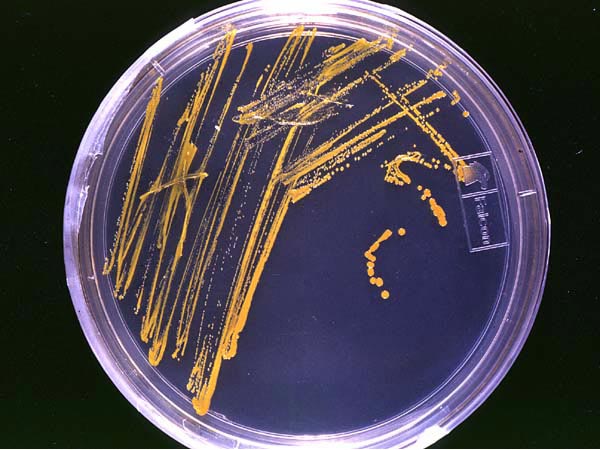William R. Jacobs Jr. Ph.D., a Member of the National Academy of Sciences and Professor of Microbiology and Immunology and Genetics at the Albert Einstein College of Medicine, has dedicated his life to the study of Mycobacterium tuberculosis and M. leprae¸ the causative agents of tuberculosis (TB) and leprosy, respectively. Using a novel mycobacteriophage vector, termed a shuttle phasmid, he was the first to introduce foreign DNA into mycobacteria in 1987. Shuttle phasmids enabled the development of: 1) the first mycobacterial plasmid transformation system, 2) the efficient transposon mutagenesis, and 3) specialized transduction-an efficient allelic system that enables the generation of a complete set of precise null deletions of M. tuberculosis. Moreover, shuttle phasmids enabled the development of reporter mycobacteria phages to rapidly assess drug susceptibilities of M. tuberculosis strains. The Jacobs’ lab used newly developed genetics to identify the previously unknown target of isoniazid-the cornerstone of TB treatment, analyzed the primary attenuation of the vaccine strain BCG, and engineered M. tuberculosis-based TB vaccine strains.
Dr. Jacobs is also one of two leading investigators engaged in the KwaZulu-Natal Research Institute for Tuberculosis and HIV, a partnership aimed at controlling the dual epidemic of HIV/TB that is particularly prevalent in sub-Saharan Africa. He is currently developing rapid diagnostic tests for XDR and MDR-TB using GFP- reporter phages. His work has shifted to focus on persistence in MTB- one aspect that can be considered the greatest impediment to the eradication of TB infection.
“There is no sin in being ignorant; The sin is to remain ignorant”


